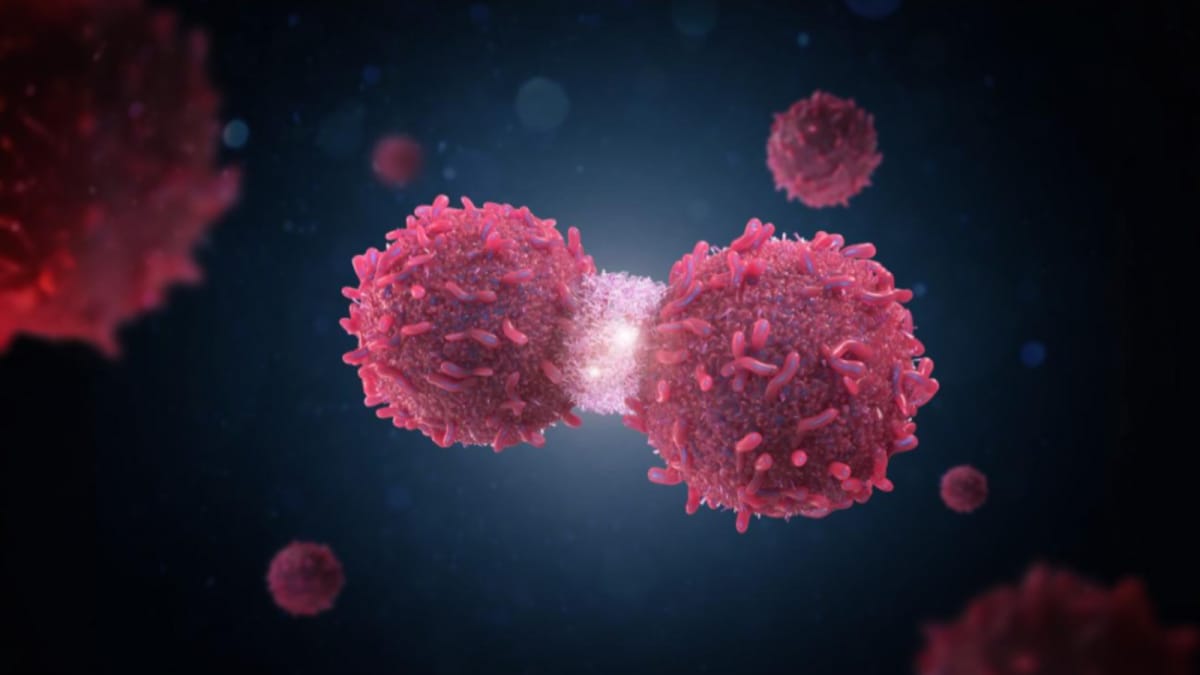
Rising Liver Cancer Cases: Are We Ignoring Warning Signs? – News18
Last Updated:
Liver cancer is a serious condition, but early recognition and timely diagnosis can significantly improve outcomes
A large-scale verbal autopsy study in 2010 reported liver cancer as the fourth leading cause of cancer-related deaths among men (14,000 deaths), with an age-standardized mortality rate (ASMR) of 6.8 per 100,000
Liver cancer is the fourth leading cause of cancer-related deaths worldwide. According to estimates by the World Health Organization, more than one million people are expected to die from this disease by 2030. Dr. Pradeep Kumar Jain, Principal Director & HOD, LAP GI, GI Onco, Bariatric & Minimally Invasive Surgery, Fortis Hospital, Shalimar Bagh, shares all you need to know:
Common Types of Liver Cancer
Hepatocellular carcinoma (HCC)
Intrahepatic cholangiocarcinoma (10–20%)
Metastatic liver disease
Epidemiology in India
A large-scale verbal autopsy study in 2010 reported liver cancer as the fourth leading cause of cancer-related deaths among men (14,000 deaths), with an age-standardized mortality rate (ASMR) of 6.8 per 100,000. In women, liver cancer ranked eighth (12,000 deaths), with an ASMR of 5.1 per 100,000.
In 2014, the age-adjusted incidence rate (AAIR) of liver cancer in men ranged from 1.2 to 38 per 100,000, and in women from 0.2 to 2.2 per 100,000.
Risk Factors
Cirrhosis—of any cause—is the most important risk factor, present in 70–90% of HCC cases. Other major risk factors include:
Chronic Hepatitis B or C infection
Heavy alcohol consumption
Male gender, increasing age
Non-alcoholic fatty liver disease (NAFLD)
Aflatoxin exposure
Less common risks: obesity, diabetes, hereditary hemochromatosis, alpha-1-antitrypsin deficiency, autoimmune hepatitis, porphyrias, Wilson’s disease, tobacco use, and family history.
Early Warning Signs and Symptoms
Often asymptomatic in early stages, liver cancer may present with:
Unexplained weight loss
Loss of appetite
Persistent upper right abdominal pain
Nausea, vomiting, fatigue
Enlarged liver/spleen
Jaundice, abdominal swelling (ascites)
Itching, dark urine, pale stools
These subtle symptoms are easily overlooked—persistent signs warrant a doctor’s visit.
Timely Diagnosis
Early diagnosis increases survival chances. Diagnostic tools include:
Blood Tests: viral markers, liver function, AFP, PIVKA, CA-19.9
Imaging: ultrasound, CT scan, MRI
Biopsy: tissue sampling for microscopic analysis
Laparoscopy: direct liver examination and sampling
Regular screening is vital for high-risk groups.
Prevention
Preventive measures include:
Avoiding alcohol and smoking
Getting vaccinated against hepatitis B
Treating hepatitis B or C
Safe practices for piercings, tattoos, and sexual health
Avoiding IV drug use
Liver cancer is a serious condition, but early recognition and timely diagnosis can significantly improve outcomes. Individuals—especially those at higher risk—should remain vigilant, undergo regular check-ups, and consult a healthcare provider if symptoms arise. Early action saves lives.










